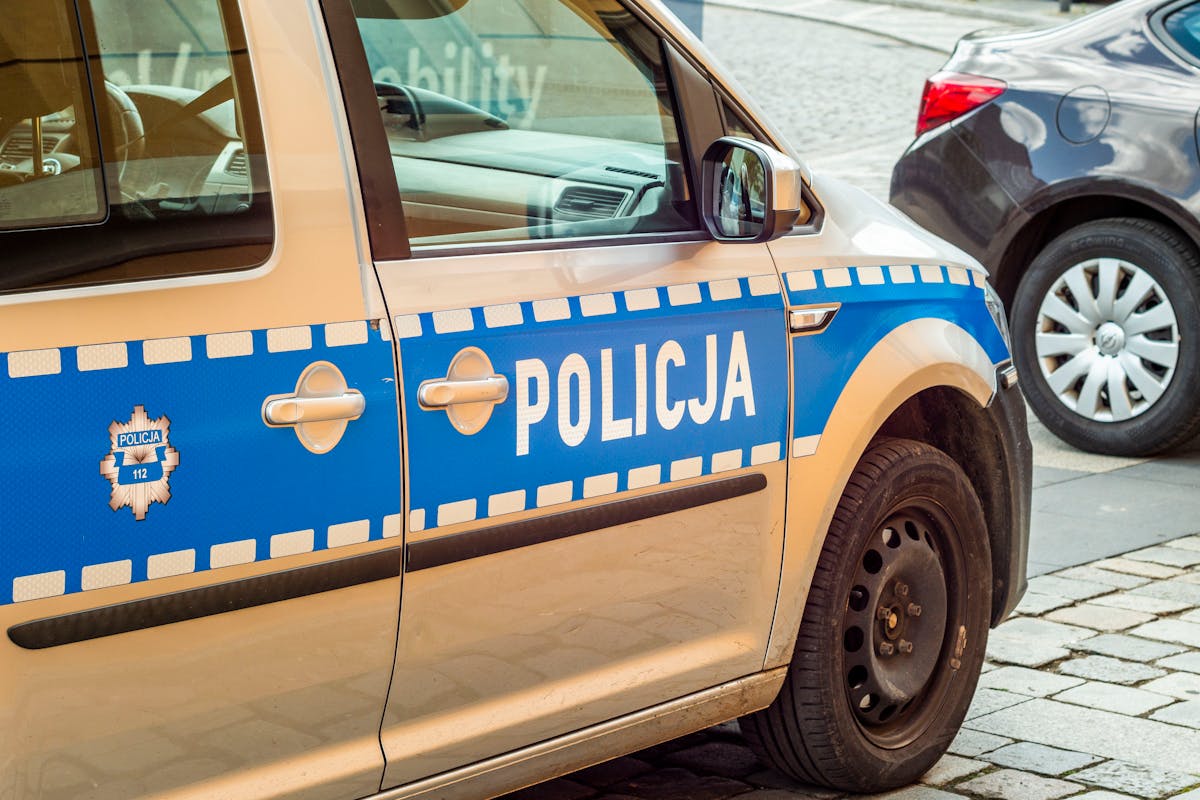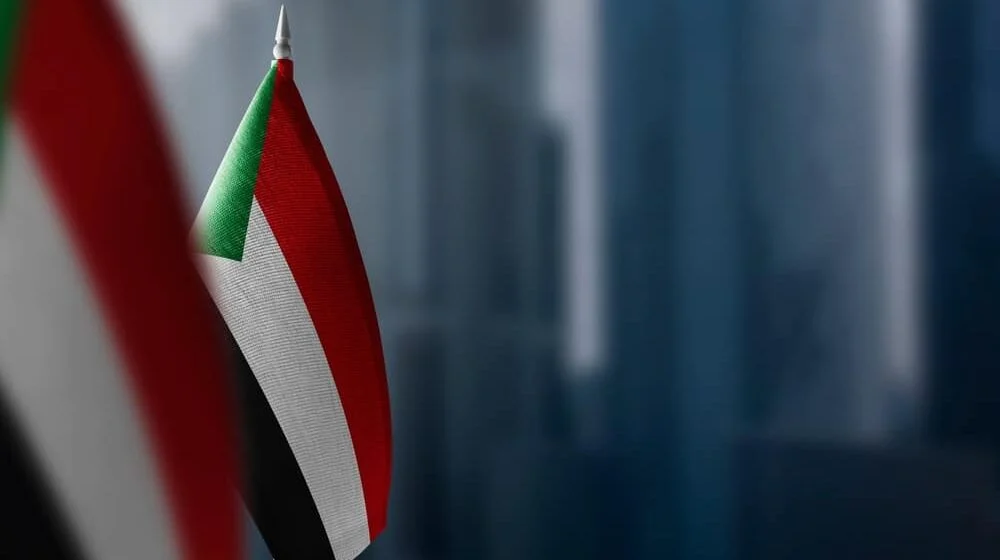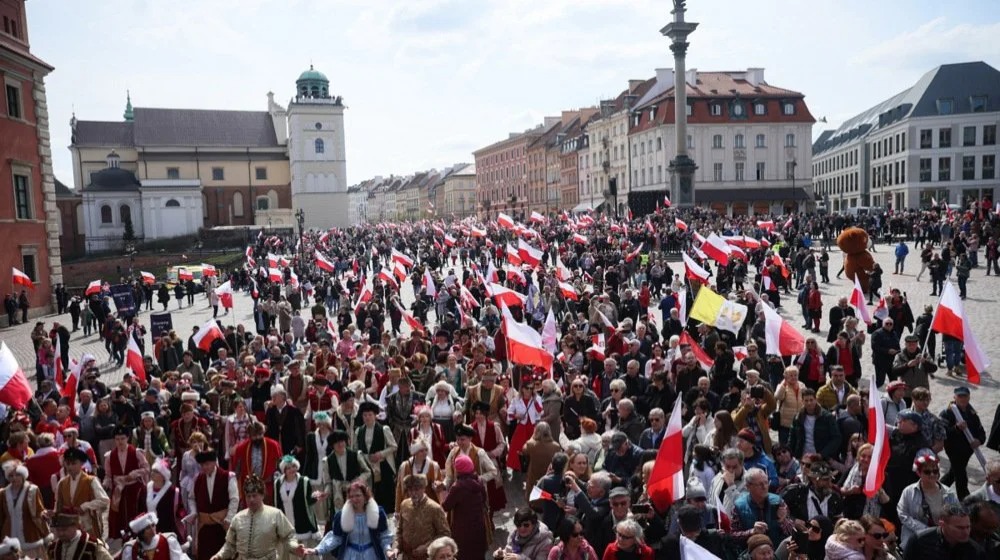
Border Controls: Poles Faster, Germans Losing Millions
Traffic checks at German borders are not particularly thorough: most drivers are simply waved through, vans are a bit more suspicious – but delays before the border are inevitable. And for freight forwarders, that’s a huge problem.
When entering Germany from Poland via the A12 motorway, shortly after the border the motorway becomes a single lane. There, German police carry out inspections. The right lane is blocked – police stand there and peer into every vehicle. They don’t ask for documents or papers.
Only from time to time does an officer raise the baton to inspect a vehicle more closely. At that moment, everything stops – and the whole line of vehicles must halt. Sometimes a vehicle is pulled aside, which takes even more time for those waiting in line. The problem is not only for passengers and drivers but also for freight transport from or to Poland.
Koos den Ruijen from the Netherlands works in Frankfurt (Oder) for the Polish forwarding company Log Way Solution. He has no understanding for the controls: “For drivers, it’s just a nuisance.” At border crossings, he now regularly has to wait: “These are actually hidden costs. Nobody will reimburse us for that money.”
Since Poland, like Germany before it, introduced border traffic checks, drivers like den Ruijen have to wait in queues in both directions. He calculates the lost time: “On Monday mornings – a delay of 40 to 60 minutes at best. On Fridays, when traffic is heavy again, it’s the same story. And after holidays, it takes particularly long: after Easter, it became normal to wait six or seven hours.” – reports Danas.
We’re Losing Millions of Euros!
The transport sector is on alert. Eberhard Tif from the Professional Association for International Freight Transport recalls the basic rule of any business: “Time is money. When vehicles stand still, they’re of no use and create no value.” The sector loses millions annually just at the border crossing to Poland at Frankfurt (Oder).
The Chamber of Industry and Commerce (IHK) of East Brandenburg and the Association of Freight Forwarders recently sent an urgent letter to German Transport Minister Alexander Dobrindt (CSU). Almost four million trucks cross the border at Frankfurt (Oder) each year – or are currently stuck before it. The letter states that the controls cause “disruptions in supply chains” and hinder cross-border workers. Rising costs “permanently” weaken competitiveness.
Practical solutions have been proposed – for example, one lane for cars and small delivery vehicles, and another for buses and trucks. That would create at least two lanes. The area of the former border crossing from the GDR era could be reused to provide more space for inspections.
The Poles Were Smarter
The proposals are practical and could be implemented in the near future. However, they once again show how border traffic checks in Germany were introduced in an uncoordinated and partly planless way.
Monik Zweig from the IHK East Brandenburg, who co-signed the letter to the minister with Tif, says that Poland has shown how it can be better organized: “They have two traffic lanes for checks, we want something similar on the German side.”
It’s not without irony that Poland “can do it better”: the German neighbor would prefer to abolish all checks as soon as possible. Warsaw only introduced its checks in response to Germany’s decision to reintroduce border controls.
Polish ambassador Jan Tombinski came to Brandenburg’s capital Potsdam last week to present himself. There he met with state premier Dietmar Woidke. The SPD politician once again emphasized what everyone here knows – that Poland is Brandenburg’s most important trading partner. Nevertheless, Woidke understands the controls because he believes they have “significantly contributed to curbing irregular migration.”
Until the Causes of Migration Are Addressed…
Many experts and politicians question this. Moreover, controls at the EU’s external borders, as well as various motives and causes of migration, are what truly affect the number of migrants. German border controls, on the other hand, have – if at all – only a secondary effect.
Ambassador Tombinski once again diplomatically advocated for the abolition of border controls. Poland has “invested heavily in protecting the EU’s external border.” Among other things, it has erected a 186-kilometer border fence with Belarus, monitored electronically. Tombinski warns that this is “only justified if the EU’s internal borders then guarantee freedom of movement.”
Freight forwarder den Ruijen wants exactly that. For him, the controls remain primarily a cost: “It’s all a political decision by people who have no idea what it’s like here.” For now, however, there is no end to such controls in sight.
For den Ruijen, this means: every Monday starts with a loss. “Let’s say you have 50 trucks, and if they all stand in line for an hour every Monday at best – then every Monday you lose 50 hours of working time.”





